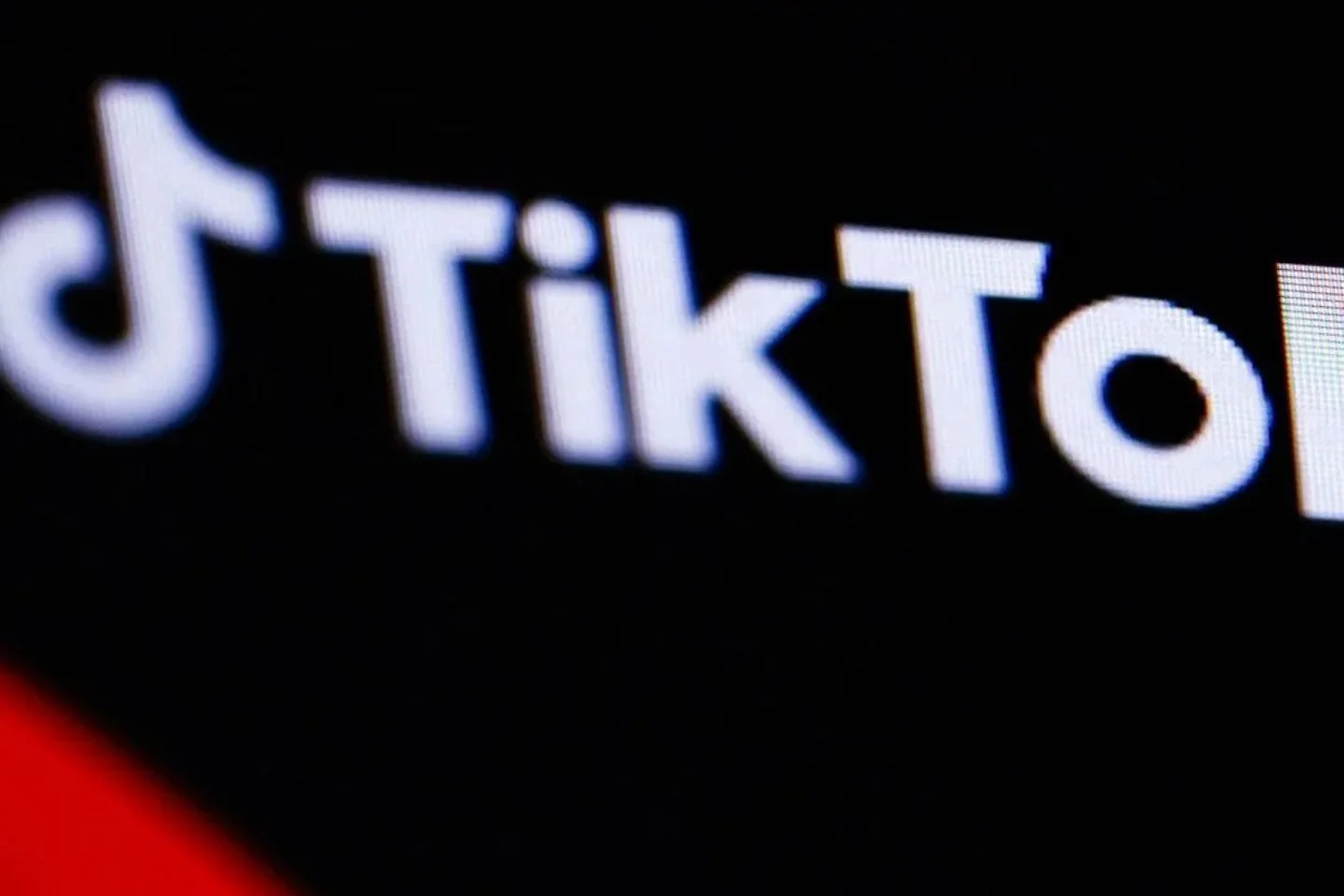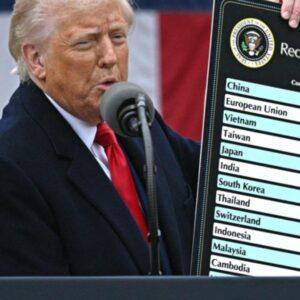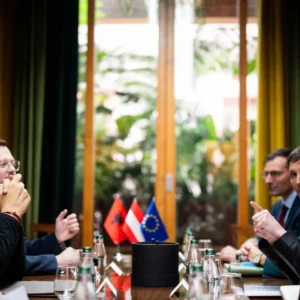The Dutch government has now published new guidelines on children’s use of digital media – and has made a clear recommendation: children under the age of 15 should not have access to social networks such as TikTok or Instagram. Age limits are also being called for in Austria.
The measure is part of a comprehensive initiative to better protect minors in the digital space. The current statement says that platforms such as WhatsApp and Signal are already suitable as learning environments for digital communication for children aged 13 and above, provided that they are used specifically for social interaction. For typical social networks with algorithmic feeds, public displays, and influencer content, however, access should not be allowed until the age of 15 at the earliest.
Concerns about mental health and development
With these recommendations, the Netherlands is joining a growing number of EU countries that are concerned about the impact of social media on the mental health and development of young people. French President Emmanuel Macron, for example, has been campaigning for a minimum age of 15 for social networks for some time. Greece and Spain are also calling for stricter age limits.
And in Austria, the debate has reignited since the school massacre in Graz, with both the Green Party and the NEOS calling for age limits on social media use.
Although the European Commission has presented its own guidelines for the protection of minors online, many member states feel that progress at the European level is not fast enough. As a result, more and more countries are taking national measures.
Guidelines for screen time
In addition to age limits for social media, the Dutch concept also contains recommendations for limiting screen time:
- For children between the ages of two and four: a maximum of 30 minutes per day
- For children over the age of twelve: no more than three hours per day
In addition, parents and teachers are encouraged to set a good example themselves: putting away smartphones and disabling push notifications in the presence of children strengthens their role model function and promotes conscious media consumption.
“Digital media are part of our society – but children need protection and guidance to navigate them healthily,” the government document states.
Response to parliamentary initiative
The publication of the guidelines is the result of an initiative by the Dutch parliament, which had asked for clear recommendations in February of this year. The guidelines now presented are intended to serve as guidance for parents and educational institutions and to further advance the public discourse on digital education.
The government emphasizes that these are recommendations – not legally binding guidelines. However, given growing concerns about addictive behavior, bullying, and psychological stress caused by social media, the paper could also form the basis for new legal regulations in the medium term.
Credit: APA















Recent Comments